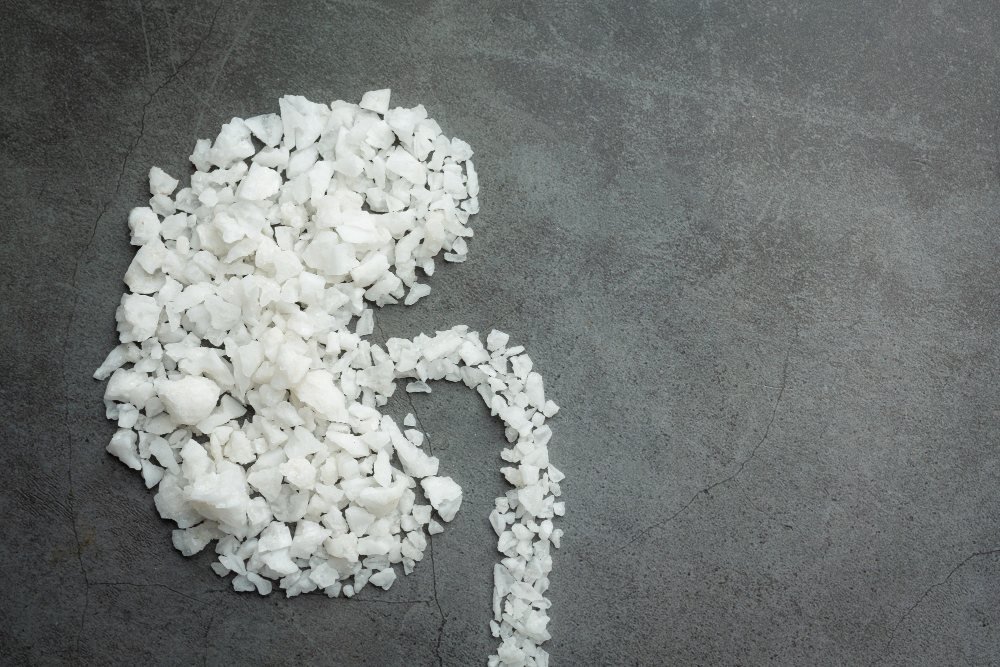Introduction
Kidney stones are hard, small lumps that form in your kidneys. They can cause severe pain and may lead to other health problems. Many people do not know that staying hydrated is key to kidney stone prevention. In fact, drinking enough water helps lower your risk of kidney stones. This blog explains how water prevents kidney stones, shares hydration tips for kidney stone prevention, and shows how you can reduce your risk of kidney stones every day.
What Are Kidney Stones?
Kidney stones are solid pieces made from minerals and salts. They form inside your kidneys when certain substances in your urine become too concentrated. As a result, these substances stick together and create stones. Some stones are as small as a grain of sand, while others can be much larger. Passing a kidney stone can be very painful. However, most stones will pass on their own. Sometimes, medical help is needed if the stone is too big or causes problems.
How Hydration Affects Kidney Stone Formation
Drinking enough water is one of the best ways to prevent kidney stones. When you are well-hydrated, your urine is less concentrated. This means minerals and salts are less likely to stick together and form stones. On the other hand, dehydration makes your urine darker and more concentrated. Therefore, stones can form more easily. According to the National Kidney Foundation, proper hydration can cut your risk of kidney stones in half. So, making water a daily habit is very important for kidney stone prevention.
Recommended Daily Water Intake for Prevention
Experts suggest drinking enough water to produce at least 2 to 2.5 liters of urine each day. For most adults, this means drinking about 8 to 10 cups (2 to 2.5 liters) of water daily. However, you may need more water if you live in a hot climate, exercise often, or sweat a lot. Always remember, your needs may change based on your health and activity level. If you have questions, ask your doctor for advice that fits your needs.
Signs of Dehydration to Watch For
It is important to know when your body needs more water. Watch for these signs of dehydration:
If you notice these signs, drink water right away. Staying ahead of thirst helps keep your kidneys healthy.
Practical Hydration Tips for Everyday Life
Staying hydrated does not have to be hard. Try these simple tips to help prevent kidney stones:
By making these habits part of your routine, you can lower your risk of kidney stones.
Frequently Asked Questions About Hydration and Kidney Stones
Can I drink other fluids besides water?
Water is best, but other drinks like herbal tea or milk can help. However, avoid too many sugary or caffeinated drinks, as they may increase your risk.
Does drinking more water always prevent kidney stones?
While good hydration lowers your risk, other factors like diet and genetics also play a role. Still, drinking enough water is a simple and effective step.
How do I know if I am drinking enough water?
If your urine is light yellow or clear, you are likely well-hydrated. Dark urine means you need more water.
Should I drink more water in hot weather?
Yes, you lose more water when you sweat. Therefore, drink extra water in hot climates or after physical activity.
Conclusion
Staying hydrated is a simple way to help prevent kidney stones. Drinking enough water each day keeps your urine diluted and lowers your risk. Remember, small changes in your daily routine can make a big difference. Consult a healthcare professional for personalized advice on kidney stone prevention.

